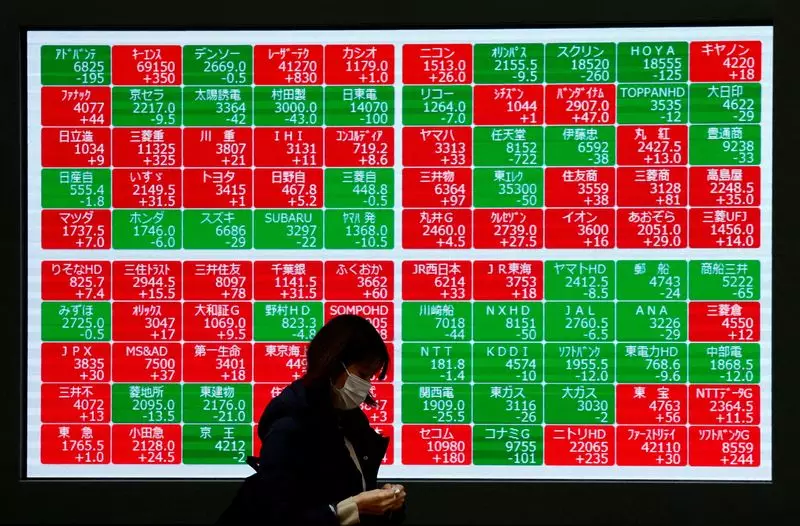Recent economic data has had a significant impact on Asian markets, with stocks rising for the fourth month in a row. The MSCI’s broadest index of Asia-Pacific shares outside Japan increased by 0.55%, marking a 2.7% gain for the month of May. Despite concerns over a slowdown in the U.S. economy due to a downward revision in consumer spending, Asian markets remain resilient.
Market Expectations of Rate Cuts
The recent economic data has also fueled expectations that the Federal Reserve may cut interest rates this year. With market pricing indicating a potential rate cut in September, traders are currently pricing in 35 basis points of easing for the year. This cautious approach is in response to the uncertainty surrounding inflation readings in Europe and the U.S.
Challenges in China’s Economy
While Asian markets have seen gains, challenges persist in China’s economy. Despite a rise in China’s blue-chip index, manufacturing activity unexpectedly fell in May. This has prompted calls for further stimulus measures as a property crisis continues to impact businesses, consumers, and investors. The soft outcome of the factory survey underscores the need for sustained government support.
Key inflation readings, such as the U.S. core personal consumption expenditures (PCE) price index, are closely watched by market analysts. The European and U.S. PCE inflation data will provide insights into the path of interest rates globally. While Federal Reserve policymakers expect inflation to decrease this year, strong labor market conditions have tempered the urgency for rate cuts.
The Japanese yen has faced fluctuations in recent weeks, prompting concerns of intervention from Tokyo authorities. The yen’s weakening against the dollar has raised suspicions of market intervention. While the central bank may consider rate hikes in the future, the gap between U.S. and Japan yields remains a key factor driving currency movements.
Commodities and Market Trends
In the commodities market, oil prices have eased following a surprise build in U.S. gasoline stocks. Despite this, gold prices have seen a slight increase, signaling market uncertainties and the impact of global economic data. The upcoming inflation report from the eurozone is expected to influence the European Central Bank’s policy decisions, with markets pricing in potential rate cuts.
The impact of global economic data on market trends remains a key focus for investors and analysts. As uncertainties persist in major economies such as the U.S., Europe, and China, traders are closely monitoring inflation readings and central bank decisions. The resilience of Asian markets amid challenges in China’s economy underscores the interconnected nature of global financial markets. With rate cuts and intervention concerns shaping currency movements, the coming months are likely to witness continued volatility and strategic decision-making by market participants.

